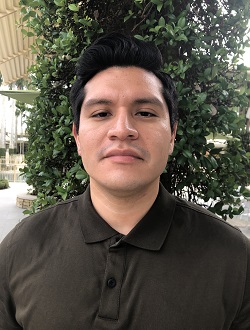
Does my child need counseling?
Children can experience symptoms of depression and anxiety similar to adults. One of the main differences however, is how these symptoms may appear. Often, the child is not able to verbalize exactly how they are feeling. Symptoms of depression and anxiety in children can result from changes in the family, at school, or with friendships. These symptoms include (but aren’t limited to) nightmares, irritability or moodiness, changes in appetite or sleep patterns, fear to be left alone (clinginess), isolating or withdrawing, and physical complaints such as dizziness, stomach aches, nausea or headaches. Children may also need help dealing with testing anxiety, bullying or peer pressure.
Am I a bad parent?
Parents sometimes feel guilty because they didn’t recognize these symptoms sooner. Keep in mind, these symptoms are not easily noticed, and it may be unclear what led to the child’s symptoms. If your child is experiencing any of these behaviors, or you have concerns about your child’s behavior, talking to a counselor can help.
How do I tell my child about counseling?
After making the decision to bring your child to counseling, it may be difficult to explain this decision to your child. While you may be fearful your child will be upset with you, it is essential to be honest with your feel free to let them know that this type of appointment doesn’t involve a physical exam or shots, which may alleviate some anxiety they may have. You can also let them know that a counselor talks and plays with kids and families to help them solve problems and feel better. Older children and teenagers might be reassured to know that anything they say to their counselor will not be shared with anyone else, with the exception of statements made about hurting themselves or someone else. Giving this type of information will help the child to feel confident that the family will be working on the problem together. It will help the child feel less isolated or singled out as if they alone are the “problem.”
What can I expect from counseling for my child?
During counseling you can expect your counselor to use a variety of activities with you and your child, including art and play therapy techniques. While at first glance these may seem to be ordinary, these techniques allow the child to feel safe communicating with the counselor (children use play to communicate) without feeling they are being interrogated or threatened. Parents or caregivers may also be included in the play therapy techniques in an effort to help you relate better to your child. We encourage you to ask questions about anything you see or hear during your session to fully understand what is being done to help your child.
The following therapists work with children and adolescents:



